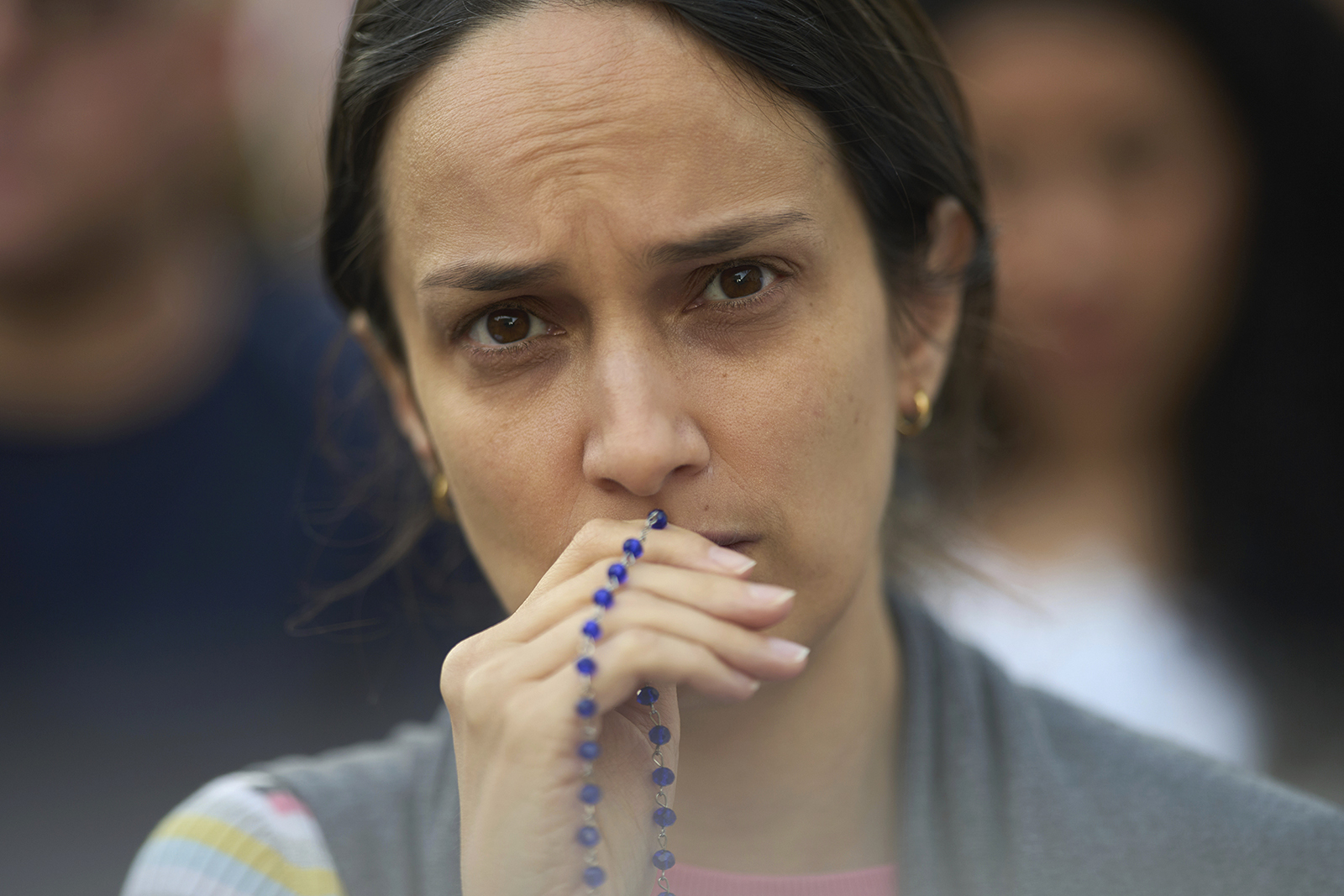
(RNS) — Pope Francis is dead. Will a new pope make any difference for women?
Of course, we do not know who the new pope will be, but he will most certainly be chosen from the cardinals set to gather in Rome to elect the next successor to St. Peter.
Their choice will most certainly not be “she.”
The sometimes prayerful, often political back-and-forth before and during the closed conclave sessions to vote on the next pope will focus on the age, intellect, interests and histories of the papabile, or “pope-able,” within their ranks. Language skills and administrative track records are important. So is personality.
Ultimately, the peculiar mix of what has been and what the voting cardinals hope will be coalesces to bring about the election of one of their number. The announcement “Habemus Papam” rings out across St. Peter’s Square, as in March 2013, when the cardinal archbishop of Buenos Aires, Argentina, accepted his election. Jorge Mario Bergoglio asked to be called Francis, in honor of the poor man of Assisi. So began a 12-year reign that saw small steps advancing women in the church.
He did as much as he could.
Francis clarified law: “Laypersons” meant nonordained women as well as men. Then he formally ensured that all nonsacramental management positions, at least in his own Curia, would be open to all laypersons. He gave women the right to discuss and even vote in his 2021-2023 Synod on Synodality, insisting that the whole church must be consulted and considered.
Along the way, Francis also insulted women and seemingly ignored some of their most pressing requests.
He called the women he named to the International Theological Commission, an adjunct body of unpaid experts attached to the Dicastery for the Doctrine of the Faith, “the strawberries on the cake.” He told mother-in-law jokes. He argued that a “Petrine principle” restricted sacramental ministry to men, while a “Marian principle” dictated women’s place.
People tend to forget the tensions of his life: He was an elderly Argentine of Italian descent doing as much as he could within the parameters of a male-controlled church.
He slow-walked a decision on women deacons, leaving it to his successor, but he got the church to talk seriously about the question. Between 2021 and 2024, successive rounds of prayer and discussion in the Synod on Synodality were restricted to nondoctrinal matters, and, importantly, women deacons remained on the agenda. Then, in the last round of the synod’s deliberations he took the issue off the table, assigning it to a secret “Study Group Five,” consisting of unnamed officials of the Dicastery for the Doctrine of the Faith.
Was that a lack of transparency, or a brilliant maneuver to avoid a schism?
Will the next pope be any different? At its onset, the new papacy may encourage hope that the church will include women even more than Francis did in management and perhaps in ministry. Or it may not.
No matter which, Francis’ legacy is hope — for women and all people. It certainly has been an interesting ride. May he rest in peace and may we all echo his kindness.
